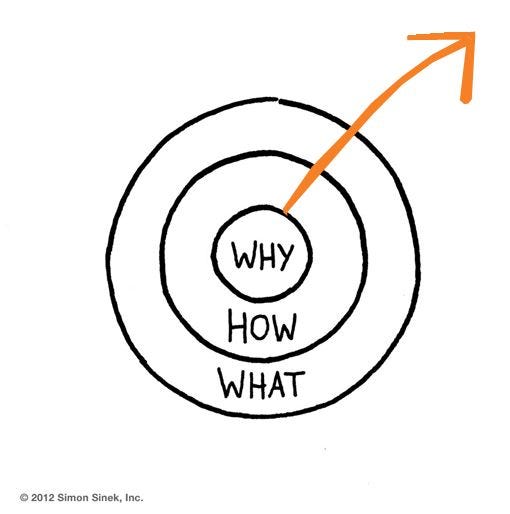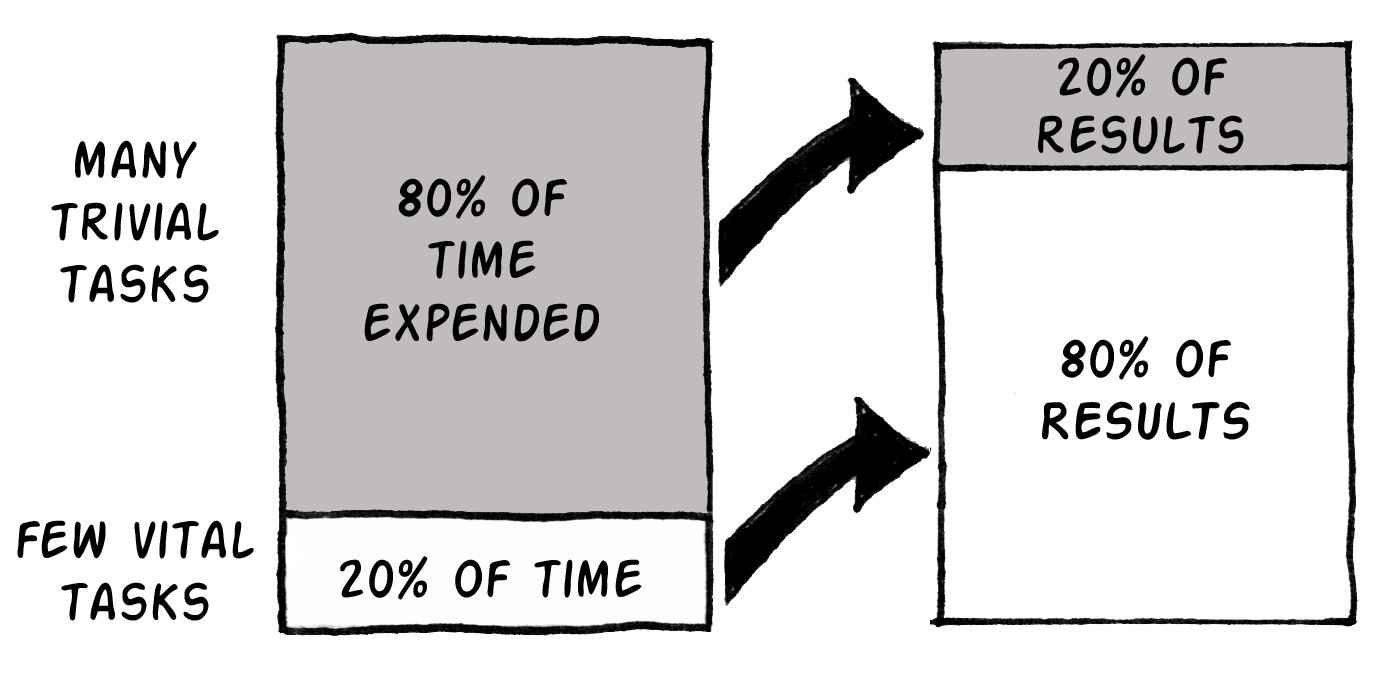Hey folks!
Welcome to all the new subscribers. I am glad to see that there are many curious minds out there.
I couldn’t get to write this edition #15 yesterday as some personal work took over. Nevertheless, it is wonderful to be able to write this before the weekend ends :-). And this week, I read some interesting pieces about perfectionism, quick learning and failure.
Productivity: Stop being a perfectionist
Do you think you are a perfectionist? Or does your penchant to deliver the best, derail you sometimes just because you are not completely satisfied with how well you dotted the I's and crossed the T's? The author of this article argues that now is the time (pandemic) to be aggressively imperfect. The idea is that exposing our imperfect selves brings in some authenticity and also throws some light on our vulnerabilities. Perfectionists, according to the author, are of two types:
The Striver: You have no starting troubles for any effort, endeavour, project. But you set impossible standards that are unreachable and you end up constantly battling against failure.
The Idealist: Your troubles begin with a starting problem. You over-spend time in envisioning the perfect end-state and don’t actually make the move to begin. You’ll never come close to achieving the grand vision and you just keep dreaming.
So how do you beat this inner voice that is setting lofty goals of perfection for you? The most basic thing is weighing the pros and cons and emphatically taking a stance between "Yes" or "No". The author says that most of us struggle with exactly this. And the key to saying "Yes", is assessing for ourselves whether the effort or initiative makes us more 'fulfilled'.
A good yes should align directly with your core values and leave you feeling fulfilled
In addition to the above, the article proposes a three-level prioritizing system, that takes off from the very popular Eisenhower Matrix. It goes a step further by asking us to place our pursuits and initiatives in the right quadrant so that decision making becomes easy. Our tasks and initiatives could be placed in 3 important quadrants:
Escalate: important and urgent - Tasks that push us toward long-term goals and with a pressing deadline. This is where we want to start our day. Yet, we cannot (afford to) focus all of our time here.
Cultivate: important but not urgent - Tasks that move us closer to our end goals but do not have a deadline. They are focused around future planning and self-improvement. With no urgent deadline, it is very likely for these to fall off our radar and hence we need to focus on this section.
Accommodate: unimportant but urgent - Tasks that have a pressing deadline but don’t help us reach our long-term goals. And these are the ones we typically prioritize the most. But in reality, we need to reduce the time we spend on this section.
Ultimately, the key to peak productivity is hinged on our ability to prioritize. Being busy is one thing and being productive is another. Aiming for perfection can push us into ‘busy’ trap whereas focusing on right prioritization can help us get over the infamous “procrastination paralysis”, which is what many idealist perfectionists go through.
Learning: How to learn anything in record time?
Some people have the uncanny ability to learn things very quickly. Ever wondered how they do that? It is not that they are taking any short-cuts. It is just that there are some frameworks at play - consciously or sub-consciously - which tend to accelerate the learning process. In this article, the author presents 6 effective strategies that accelerate learning.
Know your outcome: Figure out your “why.” Consider these questions.
What opportunities will become available by learning that new thing?
What would you do if you could use your desired skill right now?
Model the Best: Accept the fact that there’s someone in the world who has already achieved what you want. And then, the best approach would be to copy their strategies. Quoting Tony Robbins:
Many great leaders have proven that the fastest way to master any skill, strategy or goal in life is to model those who have already forged the path ahead. If you can find someone who is already getting the results that you want and take the same actions they are taking, you can get the same results.
Given the plethora of endless resources today, this is isn’t that difficult.
Immersion: Immersion through repetition of the task at hand is the only way to achieve mastery. While the 10,000-hour rule is debatable, one cannot deny the fact that repetitive and deliberate practice leads to mastery.
Feedback: Seek an outside perspective as soon as possible. We try to learn everything ourselves, without seeking feedback of others, only to realize that we were way off-course.
Drop what doesn’t work: Given our limited focus, we can maximize our results by eliminating what doesn’t work. Using frameworks like Pareto’s principle (the famous 80% of results coming from 20% of resources) help us to identify our personal leverage model for maximizing results and ignoring things that don’t give results.
Go Long: In the autobiography of Arnold Schwarzenegger, he states that successful people do only two things:
a) Repetition
b) Mileage
Mileage is the ability to sustain the dips. Don’t quit just because you’re not getting the results you desire at this moment. With a clear vision, someone to model, and experimental mindset, there’s every reason to persist.
A perspective that reframed my thinking: Failure - by Ankur Warikoo
How have you dealt with failures in your life? With a lot of regret? This is a Twitter thread by Ankur Warikoo in which he lists out all the things he failed at. It is a short post but it reframed my thinking about failure and regret. Give it a read and let me know what you think.
Book Summary: Range
In edition #13, I wrote a short review of the book - Range. After that, I captured the key ideas, insights, quotes in the book, in the form of a book summary here. If you got curious about the book, you can check-out this book summary to get the key takeaways.
A thought-provoking quote: “Failure teaches me about myself. Success teaches me about others” - Reddy2Go
This week I revisited the OST of Warriors of Heaven & Earth by A.R.Rahman. It’s a beautiful (and underrated) score with sweeping symphonic arrangements and percussive elements.
Until next weekend!








Well-timed one on perfection. I, personally needed to be reminded - especially since I took on a new role!